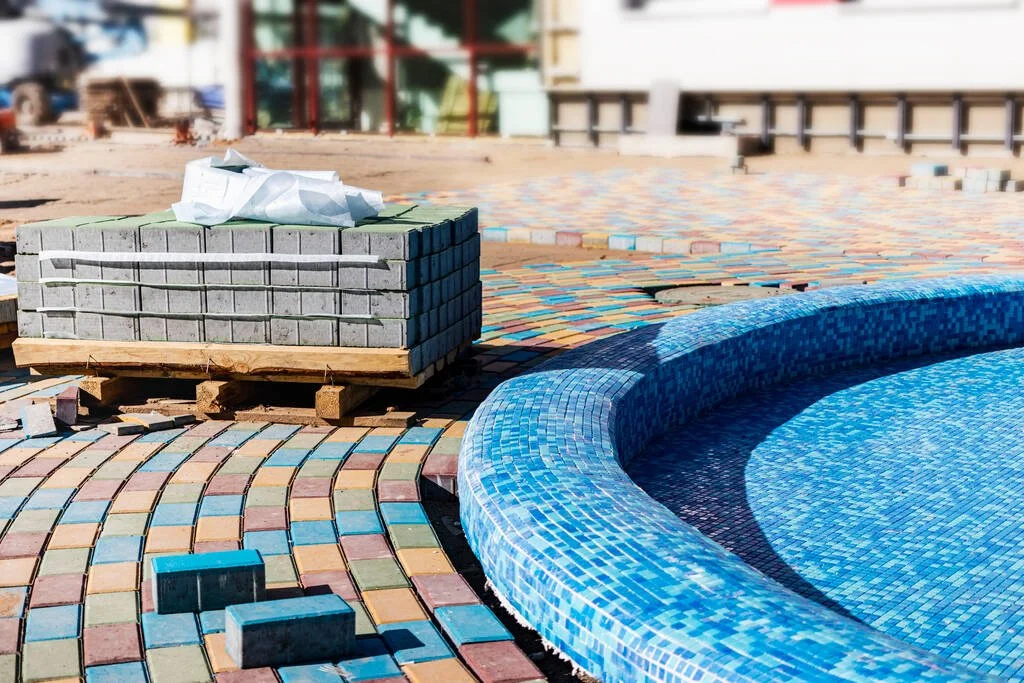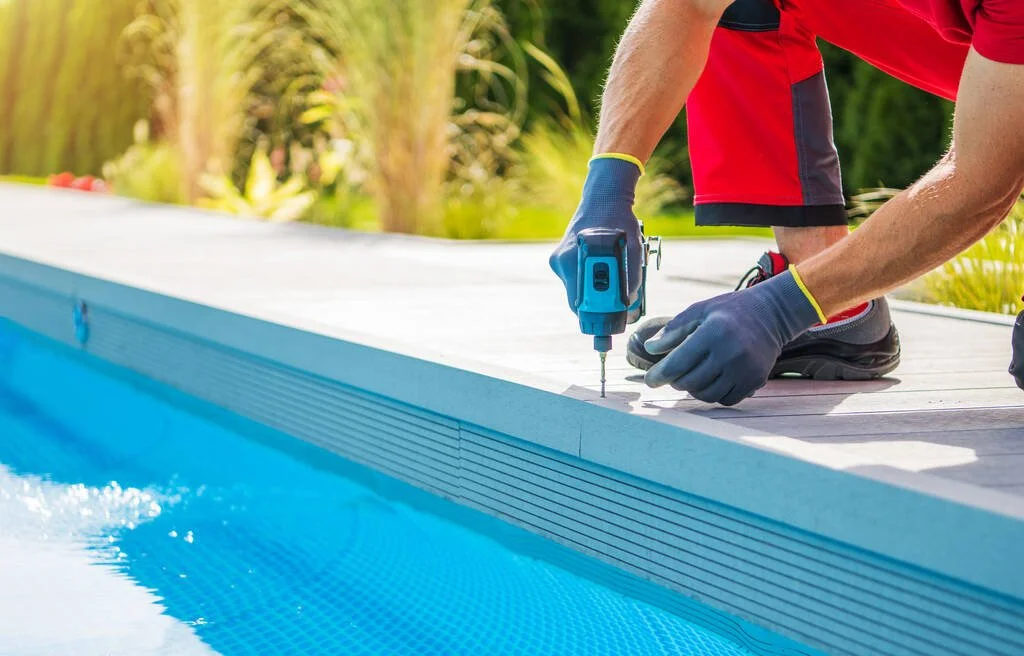The Economics of Owning a Swimming Pool: Cost, Maintenance, and Property Value
Owning a swimming pool can be a dream come true for many homeowners. It's a place where family and friends gather for leisure and relaxation, providing an oasis of fun during the scorching summer months. However, the decision to install a swimming pool is not just about creating a personal paradise—it also comes with economic considerations. In this blog, we will delve into the economics of owning a swimming pool, exploring the costs involved, the ongoing maintenance requirements, and how it can impact your property's value.
The Initial Investment
One of the primary economic factors to consider when deciding to own a swimming pool is the initial cost. Installing a swimming pool is a significant investment, and the price can vary widely based on several factors:
Pool Type: There are various types of swimming pools, including in-ground, above-ground, and semi-inground pools. In-ground pools tend to be the most expensive due to excavation and construction costs, while above-ground options are generally more affordable.
Size and Shape: Larger and more intricate pools will naturally cost more than smaller, simpler ones.
Materials: The choice of pool materials, such as concrete, vinyl, or fiberglass, can impact the cost. Concrete pools tend to be the most expensive but offer customisation options.
Additional Features: Features like waterfalls, fountains, lighting, and heating systems can add to the initial cost.
Location: Local labor and material costs, as well as permitting requirements, can vary greatly depending on your geographical location.
On average, homeowners can expect to spend anywhere from $20,000 to $70,000 or more on the installation of a swimming pool. The initial investment can be a significant financial commitment, and it's crucial to factor in these costs when deciding if a pool is right for you. When planning this investment, it is wise to consider how it aligns with your broader personal finance strategy to ensure long-term financial stability.
Maintenance Costs
Beyond the initial investment, owning a swimming pool entails ongoing maintenance expenses. Maintaining a pool is essential to ensure its longevity, safety, and functionality. The costs associated with pool maintenance can include:
Chemicals: Regularly testing and treating the pool water with chemicals like chlorine, pH balancers, and algaecides can cost several hundred dollars per year.
Energy Costs: Running pool pumps, filters, and heaters can significantly increase your monthly energy bills.
Cleaning and Repairs: Pool skimmers, brushes, and vacuum equipment require periodic replacement or repair. Additionally, unexpected repairs can arise due to wear and tear.
Water Usage: Evaporation and water loss due to splashing can result in the need to frequently top up the pool with fresh water, adding to your water bill.
Seasonal Expenses: Winterising the pool in colder climates and opening it in the spring can incur additional costs.
Annual maintenance costs for a swimming pool can range from $1,000 to $3,000 or more, depending on the pool's size and location. While these costs are ongoing, they are essential to ensure the pool remains safe and enjoyable for years to come.
Property Value Considerations
Now, let's explore how owning a swimming pool can impact the value of your property. The effect on property value can be complex and depends on several factors:
Location: The impact of a swimming pool on property value can vary significantly depending on your region and local real estate market. In warmer climates such as Queensland & Northern Territory , pools may be more desirable and could add value, while in cooler regions, they may not have the same impact.
Buyer Preferences: Some buyers see a swimming pool as a valuable amenity that enhances their quality of life. However, others may view it as a liability due to maintenance costs and safety concerns, especially if they have young children.
Pool Quality: The quality and condition of the pool matter. A well-maintained, professionally designed pool is more likely to add value than a neglected or poorly constructed one.
Landscaping and Aesthetics: The overall aesthetics of your pool and landscaping can influence its impact on property value. A beautifully landscaped pool area may have a more positive effect.
Market Trends: Real estate market trends can also play a role. If swimming pools are in high demand in your area, they may have a more significant impact on property value.
In general, a swimming pool is unlikely to add dollar-for-dollar value to your property. Instead, it can enhance your property's marketability and appeal to a specific segment of buyers. If you plan to sell your home in the future, consider how the presence of a pool aligns with local market dynamics and buyer preferences.
Conclusion
Owning a swimming pool can provide countless hours of enjoyment and relaxation for you and your family. However, it's essential to approach this decision with an understanding of the economics involved. Consulting with pool experts can help you navigate the financial aspects effectively. The initial investment, ongoing maintenance costs, and impact on property value all play a role in determining whether a swimming pool makes financial sense for your specific circumstances.
Before diving into pool ownership, thoroughly research the costs associated with installation and maintenance, and consider how a pool aligns with your long-term financial goals. Additionally, consult with local real estate experts to gain insight into how pools affect property values in your area. By making an informed decision, you can enjoy the benefits of a swimming pool while managing its economic implications effectively.
Lean more here: Swimming pools and spas NSW Gov


